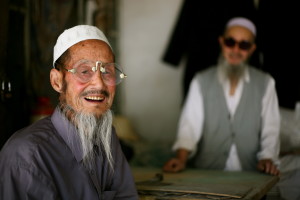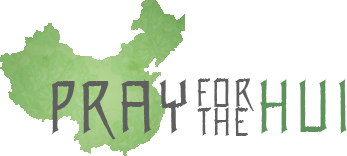…He does not want anyone to perish, so he is giving more time for everyone to repent. 2 Peter 3:9
The ancestors of t
As the centuries passed, the Hui lost most of their ancestral languages, but they retained their original religion. The Hui now speak Mandarin Chinese and/or the local dialects of the regions in which they live, but their religious vocabulary comes from Arabic and Persian words. For example, they call Jesus “Er-sa” from the Arabic “Isa”, instead of “Ye-su” (which is what the majority of Chinese believers use). While some Hui (especially the elderly and rural Hui) adhere staunchly to the traditions of Islam, others (especially the unmarried youth and the urban Hui) differ from the majority of Chinese people only because they abstain from eating pork. There are regional and sectarian differences in how Hui people interpret Islam. The barriers and bridges to the gospel for each individual Hui person will therefore vary, sometimes significantly.
Prayer Request:
- There are Hui communities in almost every city and province of China; hence the barriers to reaching them will vary, sometimes significantly. Pray the workers will have wisdom to know how to bridge these differences. Since the Hui are scattered among the many provinces in China, the number of workers is woefully inadequate when compared to the size of the region. More workers are needed to reach these different areas of China.
